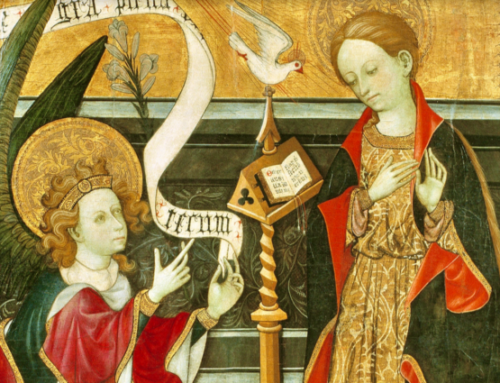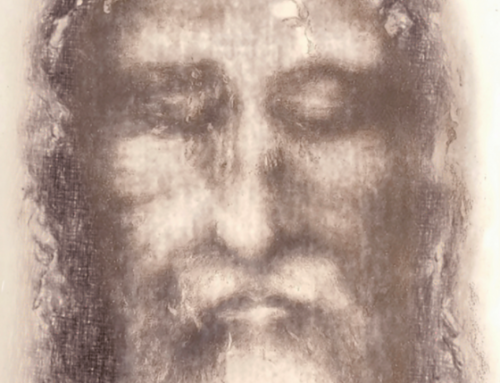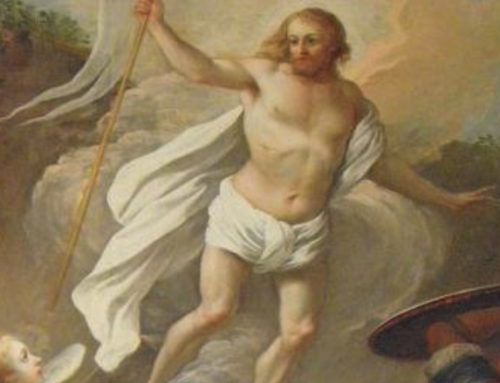To Andreas Alcimus. How Germany is perishing by its own greed.
 That’s how things are; men die, expensively.
That’s how things are; men die, expensively.
They seek out lethal danger, with much war
and worrying, and their pay
consists of pain and loss.
We are the fosterers, patrons of our pain.
How proudly under Hector Priam’s kingdom
and Troy, untoppled, happy,
might even now be standing,
if she had not colluded in the treachery.
Epeus’ monstrous engine stopped: a mountain
pregnant with swords and latent
storm-cloud of Greeks and Thracians:
to see this wooden Horse, the Trojan youths
in a long column instantly dismantled
and split gates, glad at evil
now nearer than the walls.
Who if Fate pressures, pushes Fate away?
Laocoon trying to warn them of the ruse
flung a frustrated spear
against its hollow side
but already every generation, both old men
and young alike, seethe round in deadly joy
and playful girls and boys
redouble the happy song.
Some fasten hempen ropes; some on the ladders
struggle to clap the mane of fearful oak
and like ovators others
fling underneath its feet
rollers to be its wheels. At last the fatal
mute monster stood, like a Palladium,
high over the steep city
and looked down on the crowds.
House of Dardanus, worthy of destruction,
you pull Odysseus into a captured town!
O citizens who thus learn
Sinon’s sly face and nature!
That is why Troy smokes, toppled utterly.
Alcimus, if it is not shame to say it,
the insane sin is still spreading.
Once Phyrgians knew too late,
and now our world is wise too late. The country
of stupid Teucria should be levelled. Ilus
was not first nor the only
king to have fatuous grandsons:
Europe has other Ilions. Everywhere
Xanthos is dark with blood and everywhere
you see Simoeis flowing
into our German streams.
We nurse an enemy at the breast: our hearths
are warming Swedes. The devastating king
entered when asked to. Better
to have died more gloriously.
Books on the topic of this poem may be found in The Imaginative Conservative Bookstore. This poem was translated by the late Karl Maurer (1948-2015).
We hope you will join us in The Imaginative Conservative community. The Imaginative Conservative is an on-line journal for those who seek the True, the Good and the Beautiful. We address culture, liberal learning, politics, political economy, literature, the arts and the American Republic in the tradition of Russell Kirk, T.S. Eliot, Edmund Burke, Irving Babbitt, Wilhelm Roepke, Robert Nisbet, Richard Weaver, M.E. Bradford, Eric Voegelin, Christopher Dawson, Paul Elmer More and other leaders of Imaginative Conservatism. Some conservatives may look at the state of Western culture and the American Republic and see a huge dark cloud which seems ready to unleash a storm that may well wash away what we most treasure of our inherited ways. Others focus on the silver lining which may be found in the next generation of traditional conservatives who have been inspired by Dr. Kirk and his like. We hope that The Imaginative Conservative answers T.S. Eliot’s call to “redeem the time, redeem the dream.” The Imaginative Conservative offers to our families, our communities, and the Republic, a conservatism of hope, grace, charity, gratitude and prayer.







Leave A Comment